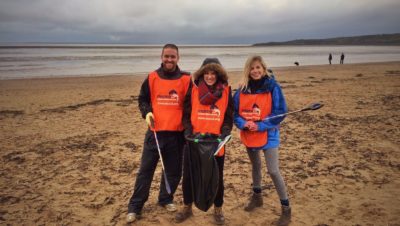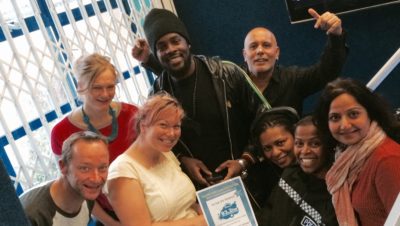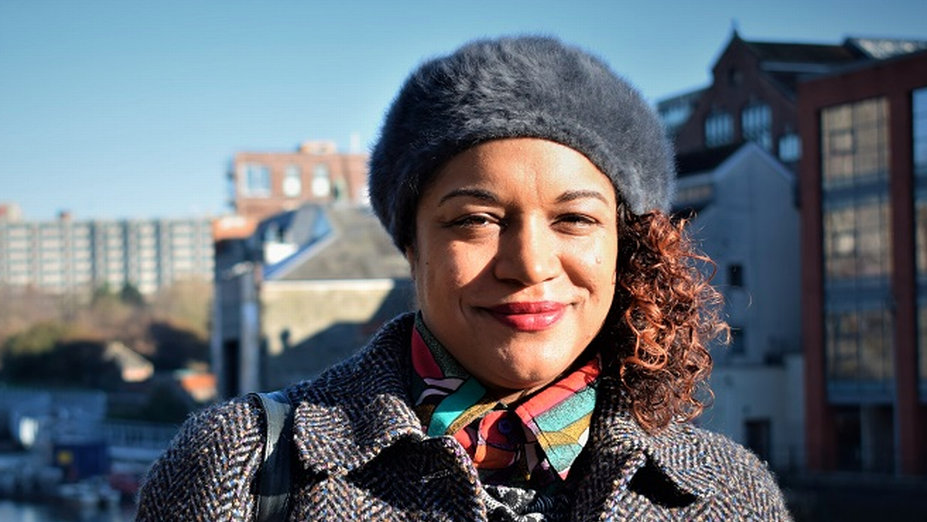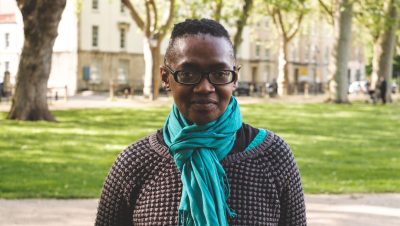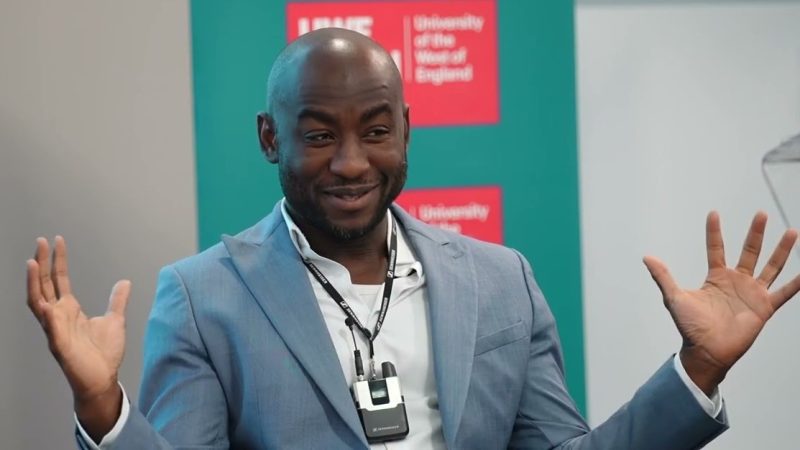
Your say / diversity
‘Diversity, equity and inclusion is more necessary than ever before in an increasingly polarised world’
Human beings are evolutionary creatures. It is inherent in our nature to discard the old to make way for the new in our pursuit of progress.
Over the last 5,000 years, concepts, frameworks, traditions, cultures and even entire civilisations have experienced such cycles of reinvention and adaptation.
Diversity, equity and inclusion (DEI) as a workplace inclusion framework is no different.
is needed now More than ever
Over the past decade, we have witnessed both the rapid adoption and decline of DEI approaches in corporate settings.
Initially met with enthusiasm and momentum across Western institutions, DEI initiatives have faced increasing challenges, leading some to question whether the framework is still relevant.
The backlash
Having worked in the social sustainability space for nearly two decades, I’ve observed some of the energy behind DEI initiatives shift to focus more on identifying blame or centring victimhood, rather than building coalitions and practical solutions.
I’ve seen significant DEI programmes led by passionate individuals who, though well-intentioned, lacked experience in organisational change or project delivery.
As a result, one-size-fits-all tools – like unconscious bias training – became the catch-all solution, despite evidence of its limited long-term effectiveness.
I’ve also encountered many organisations eager to ‘do DEI’, yet unwilling to allocate the necessary financial or human resources.
This not only sets the organisation or practitioners up for failure but also breeds disillusionment within the workforce.
Another recurring challenge has been the lack of meaningful success measures.
Too often, efforts are evaluated on surface-level outputs – such as how attendees feel after a workshop – rather than deeper indicators.
Have behaviours changed? Are recruitment and progression practices more equitable? Has there been notable enterprise benefits? Is there a tangible shift in workplace culture?
Finally, I have also witnessed the language around DEI, at times, become overly academic and exclusionary at times.
This is further layered with complex jargon and exacerbated by a culture of call-outs and cancellations – which has alienated many who might otherwise be allies.
It’s no surprise, then, that public scepticism has grown with figures like Donald Trump declaring “DEI is dead” as a reflection of broader social and political sentiment.
But is DEI truly dead?
To answer this question, we first need to understand the core objective of DEI.
By definition, DEI is a framework designed to promote the fair treatment and full participation of all individuals in the workplace, regardless of background or other personal characteristics.
So the real question then becomes: should we abandon the goal of pursuing fairness and full participation for all people simply because the execution framework has challenges?
I firmly don’t believe so.
Despite its flaws and growing criticism, the DEI movement has delivered real progress over the past decade:
- Improved access to the workplace for individuals with disabilities
- Expanded family support and maternity benefits, including flexible working and paternity leave
- Enhanced protection of workers’ rights and the implementation of more equitable hiring processes
- Increased flexibilities for religious and cultural holidays, now considered the norm in many workplaces
- Improved employee retention, business productivity and financial performance
These are not insignificant achievements. They reflect a shift in how organisations view fairness and participation, and in many cases, they have become embedded in everyday practice.
We need to protect and further this objective, particularly in a globalised world where the by-products of our open economic markets often lead to inequity.
Reimagining DEI – not rejecting it
That said, DEI as a workplace inclusion framework must evolve – irrespective of a name change or not.
Workplace inclusion practitioners cannot be defensive or dismissive of critique. In fact, critique should be welcomed as a catalyst for innovation.
We must be more adaptable, open, and accountable. DEI efforts must become:
- Data-driven, identifying root problems through evidence – not anecdotes
- Accessible, with language that informs rather than alienates
- Strength-based, shifting away from a deficit or victimhood narrative
- Strategic, taking a systems approach to embed enterprise-wide change and lasting impact
- Results-oriented: who benefits? what changes? how has it improved organisational sustainability?
We must understand that DEI requires a change management approach for it to be effective, not just a set of one-off activities.
Training alone will not shift culture. Instead, organisations and practitioners must be ready to assess and align policies, communication, leadership behaviours, and internal processes to embed inclusion meaningfully through a robust change management approach.
The bottom line – people-first
Ultimately, people are an organisation’s greatest asset. When employees feel like they belong – regardless of their background, ability or beliefs they are more engaged, productive and loyal.
Without that, employee attrition costs rise, customers suffer, business output declines. DEI, when done well, is not only a moral imperative; it’s a business imperative.
So, is DEI dead? Not if we’re willing to evolve the practice.
Despite the clickbait headlines and sensational political debates surrounding DEI, it’s essential for those who have truly experienced the benefits of a fair and inclusive workplace to advocate for what it represents; a vision of fairness that benefits everyone, regardless of personal background.
Practitioners must learn from past mistakes, engage in honest reflection and work towards developing deeper competencies that create a future where fairness, accessibility and inclusion are not just ideals, but measurable outcomes that benefit everyone in the workplace.
DEI is not dead; even though aspects of the practice need to evolve. Its objective is more necessary than ever before in an increasingly polarised world.
This is an opinion piece by Poku Osei, the founder of Babbasa, the Queen’s Award For Enterprise winning social enterprise; and Merop Consulting, a management consulting practice for social sustainability
Main photo: UWE Bristol
Read next:
 Our newsletters emailed directly to you
Our newsletters emailed directly to you












